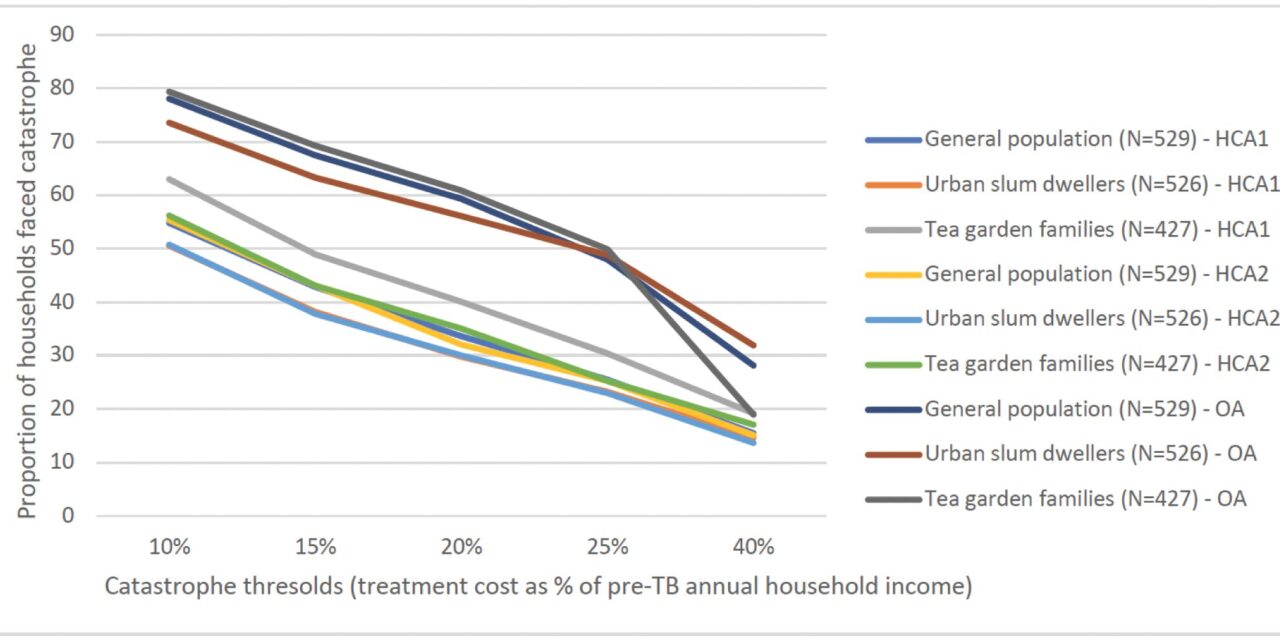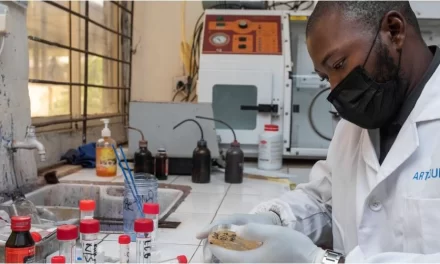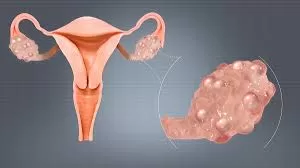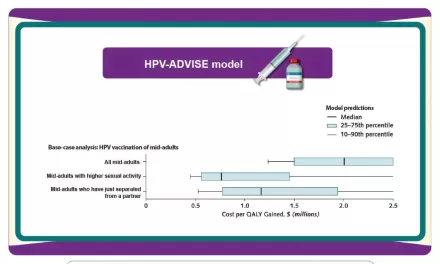A recent study conducted by researchers from The George Institute for Global Health India, in collaboration with Indira Gandhi Government Medical College (Nagpur) and the London School of Hygiene and Tropical Medicine (UK), has illuminated the staggering financial challenges faced by tuberculosis (TB) patients in India. Published in PLOS Global Public Health, the study underscores the urgent need for policy reforms and public interventions to alleviate this burden on both patients and the nation.
Led by Dr. Susmita Chatterjee, the study followed a cohort of 1,482 drug-susceptible TB patients across Assam, Maharashtra, Tamil Nadu, and West Bengal. The research, conducted against the backdrop of the World Health Organization’s End TB strategy, revealed alarming statistics about the economic impact of TB in India, a country burdened with the highest TB incidence globally, with 2.42 million reported cases in 2022.
The study meticulously calculated direct and indirect costs associated with TB treatment, including expenses such as medical bills and income loss due to illness. Shockingly, between 30% to 61% of participants faced catastrophic costs—defined as out-of-pocket expenses exceeding 20% of their annual household income—depending on the method of indirect cost calculation.
Key findings highlighted significant delays from symptom onset to diagnosis, averaging 7–9 weeks, which exacerbated financial burdens due to repeated consultations, diagnostic tests, and travel expenses. Alarmingly, for many participants, costs became catastrophic even before beginning treatment, underscoring the critical need for early diagnosis and intervention.
Dr. Chatterjee emphasized, “Our study concludes that a substantial proportion of TB patients face catastrophic costs, exacerbated by delays in diagnosis. Addressing pre-diagnosis delays must be a priority to prevent financial devastation and further disease transmission.”
The study advocates for comprehensive policy interventions, including intensified private sector engagement in TB care, rapid diagnosis strategies, and community awareness campaigns. It also calls for health insurance reforms to reimburse pre-treatment expenses and protect patients from income loss during illness.
The implications are profound, urging policymakers, healthcare providers, and communities to unite in combating TB’s economic toll. By implementing robust strategies, India can mitigate financial hardships on affected households and progress towards the ambitious goals outlined in the End TB strategy.
This research serves as a crucial wake-up call, emphasizing the imperative of immediate action to alleviate the economic burden of TB treatment in India and ensure a healthier, economically secure future for all affected individuals.
For more information, the study “Catastrophic costs for tuberculosis patients in India: Impact of methodological choices” is available in PLOS Global Public Health (2024).












